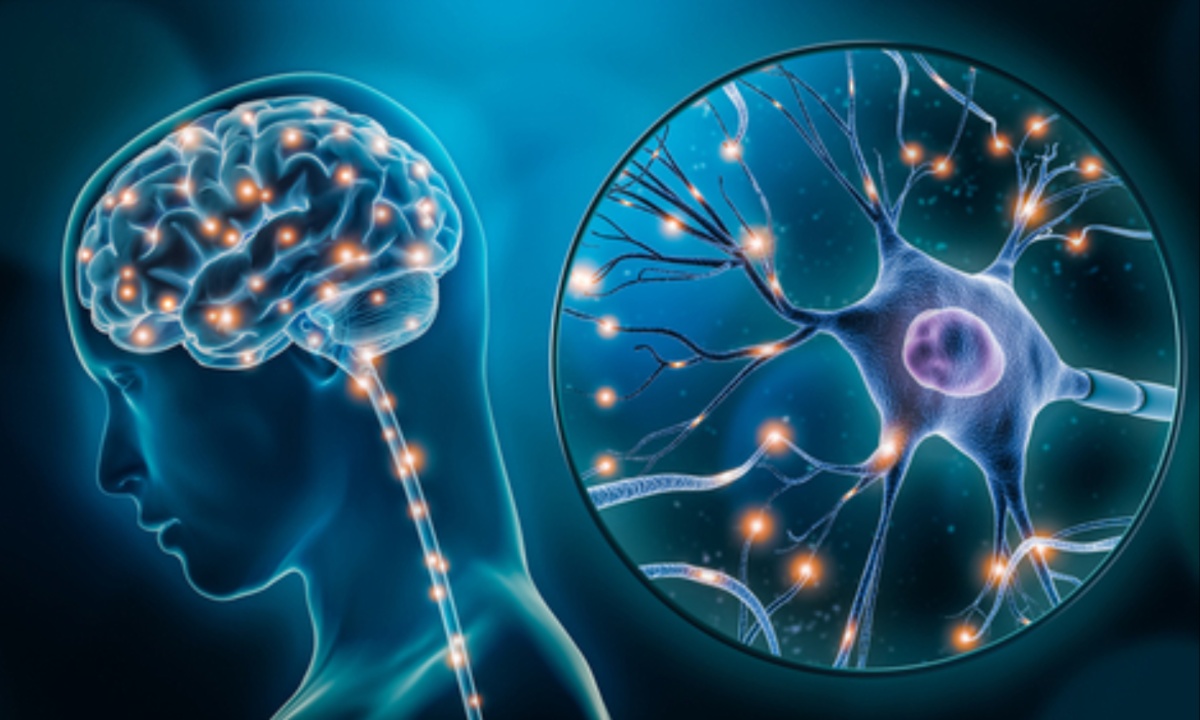Recent research indicates that pregnancy triggers significant changes in a woman’s brain, reshaping it in response to the physical demands of gestation. A proof-of-concept study published in Nature Neuroscience investigated this phenomenon using MRI scans.
The study tracked the brain changes of Elizabeth Chrastil, a neuroscientist and first-time mother, through 26 MRI scans taken over a span of two years, starting three weeks before her pregnancy and concluding two years postpartum.
The study revealed notable alterations in Chrastil’s brain, including a reduction in gray matter, which is the brain’s outer layer responsible for processing information, and an increase in white matter, which consists of nerve fibers that facilitate communication between different brain regions. These changes suggest a reorganization of the brain’s structure to accommodate the demands of pregnancy and early motherhood.

While many of the observed changes in brain structure reverted to baseline levels after childbirth, some alterations, particularly in cortical volume and thickness, persisted into the postpartum period. This indicates that pregnancy not only induces temporary changes but may also result in lasting modifications to the brain’s anatomy.
The findings build on previous studies that provided evidence of neural changes during pregnancy, although research in this area has often been overlooked. Laura Pritschet, the study’s lead author, highlighted that the neuroanatomical shifts occurring during pregnancy are not well understood, partly due to the lack of focus on this aspect of female physiology in scientific research.
The research underscores the profound impact of hormonal and physiological changes during pregnancy, driven by increases in hormones such as estrogen and progesterone. Pritschet hopes that this study will encourage further research with larger and more diverse groups to better understand the typical range of brain changes during and after pregnancy, and how these changes might affect postpartum recovery and maternal health.
